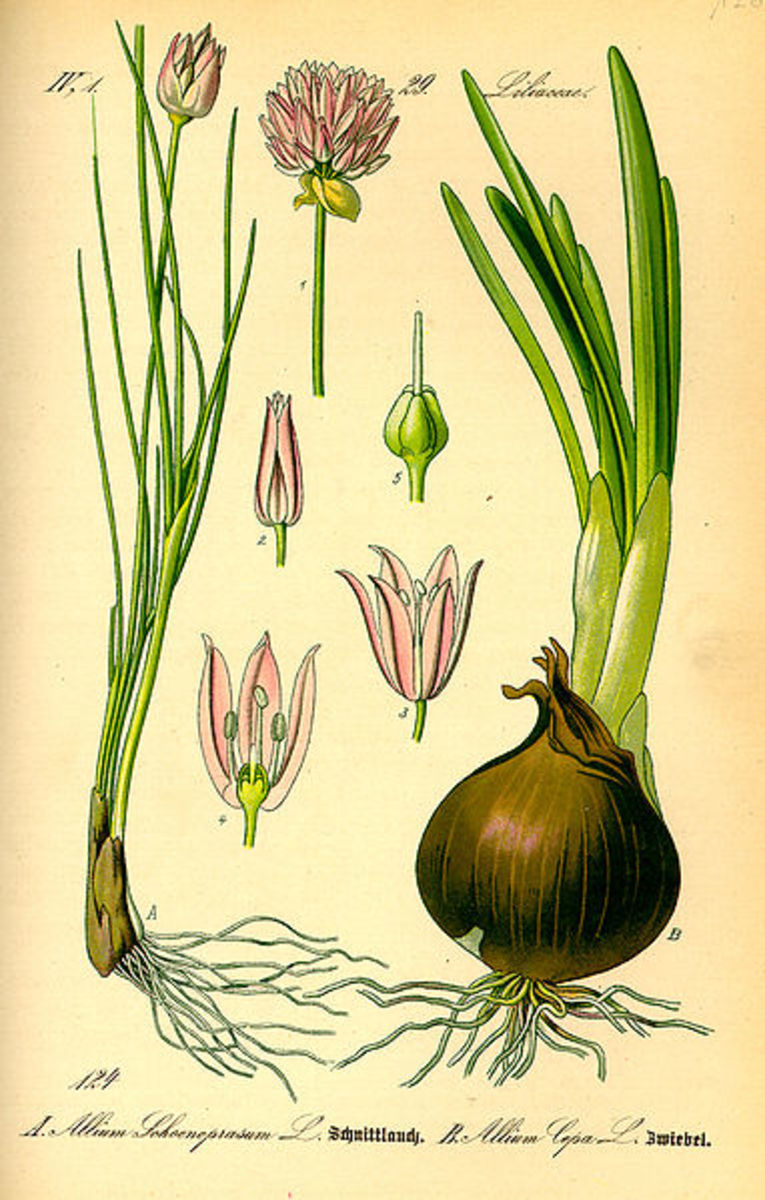Benefits of Vitamins
When it comes to health and nutrition, vitamins are considered to be the best supplements for proper functioning of our body. As you know, egg, cereals, and dairy foods are complete with respect to the vitamin content, and metabolism, tooth formation, and the production of energy depend on them but vitamin A, vitamin D, vitamin E, vitamin K, vitamin C, vitamin B1 (thiamin), vitamin B3 (niacin), vitamin B6, vitamin B12, and biotin are top 10 essential vitamins necessary for proper functioning of the body. There are others, but above are the main ones. The first four mentioned above including vitamin A, D, E, and K are fat-soluble vitamins, which means they all are stored in the fatty tissues of our body. Rest of them including vitamin C, vitamin B1 (thiamin), vitamin B3 (niacin), vitamin B6, vitamin B12, and biotin are water soluble and get eliminated or excreted from the body via urinary system if not used immediately; therefore, it is important and necessary to use them immediately and consistently. Out of all above water-soluble vitamins list, vitamin B12 is the only water-soluble vitamin, which can be stored in the liver for many years. Below I have provided a list of top 10 vitamins with their benefits.
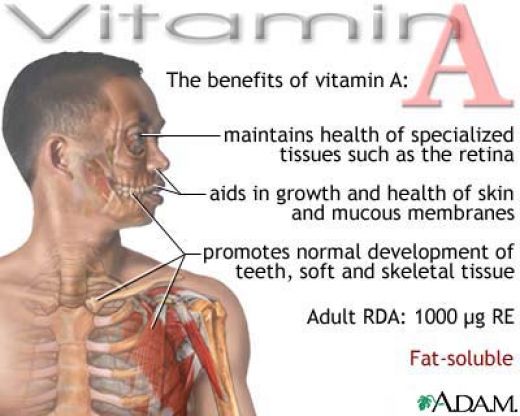
Benefits of Vitamin A
- Vitamin A supports the formation and maintenance of teeth, skeletal system including bones and joints, soft tissue, mucous membranes, and skin.
- Vitamin A also produces the pigments in the retina of our eye. Vitamin A promotes good vision and may be required in reproduction and lactation.
Benefits of Vitamin B1
- Vitamin B1 also called as thiamin helps our body cells to convert carbohydrates into energy.
- Vitamin B1 is necessary for the healthy functioning of our heart, muscles, and nervous system.
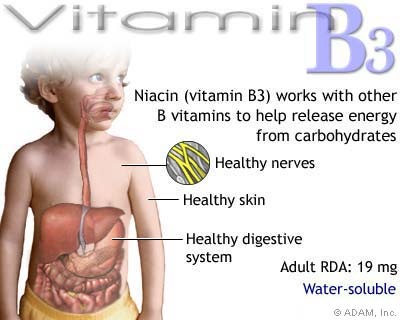
Benefits of Vitamin B3
- Vitamin B3 helps in the functioning of the digestive system, skin, and nerves.
- Vitamin B3 is important for converting food into energy.
Benefits of Vitamin B6
- Vitamin B6 helps our immune system to produce antibodies that are needed to combat diseases.
- Vitamin B6 promotes healthy neurological function and formation of red blood cells.
- Vitamin B6 helps in breaking down complex proteins.
Benefits of Vitamin B12
- Vitamin B12 is important for metabolism.
- It helps form red blood cells in blood.
- B12 maintains our central nervous system.
Benefits of Vitamin C
- Vitamin C is beneficial for repair and growth of tissues throughout our body.
- Vitamin C is beneficial in healing of wounds, repair and maintenance of joints, cartilages, bones, and teeth.
- Vitamin C helps in prevention of premature aging of body cells and occurrence of heart disease, cancer, and arthritis.
Benefits of Vitamin D
- Vitamin D helps our body in absorption of calcium.
- Vitamin D also helps maintain adequate calcium and phosphorus in the blood.
- Vitamin D has anticancer and antiinflammatory properties and is famous for regulating the immune system.
Benefits of Vitamin E
- Vitamin E is a natural antioxidant, which helps in protection of our body tissue from the worse damage caused by free radicals.
- Vitamin E is beneficial in red blood cell or erythrocyte formation and helps the body to use vitamin K.
- Lower levels of Vitamin E also help protect our heart.
Benefits of Vitamin K
- Vitamin K helps in normal clotting of blood, which is very much required for people having anemia and other blood disorders, which are at risk of uncontrolled bleeding in case of severe bleeding.
- Vitamin K also helps in maintenance of strong bones for old people.

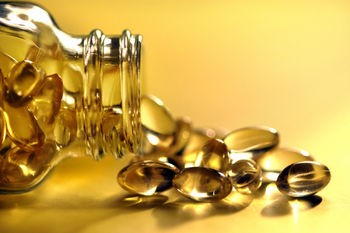

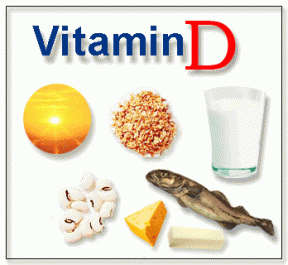
Benefits of Biotin
- Biotin is essential for growth and helps the metabolism of food.
- Biotin helps in breaking down carbohydrates, proteins, and fats.



